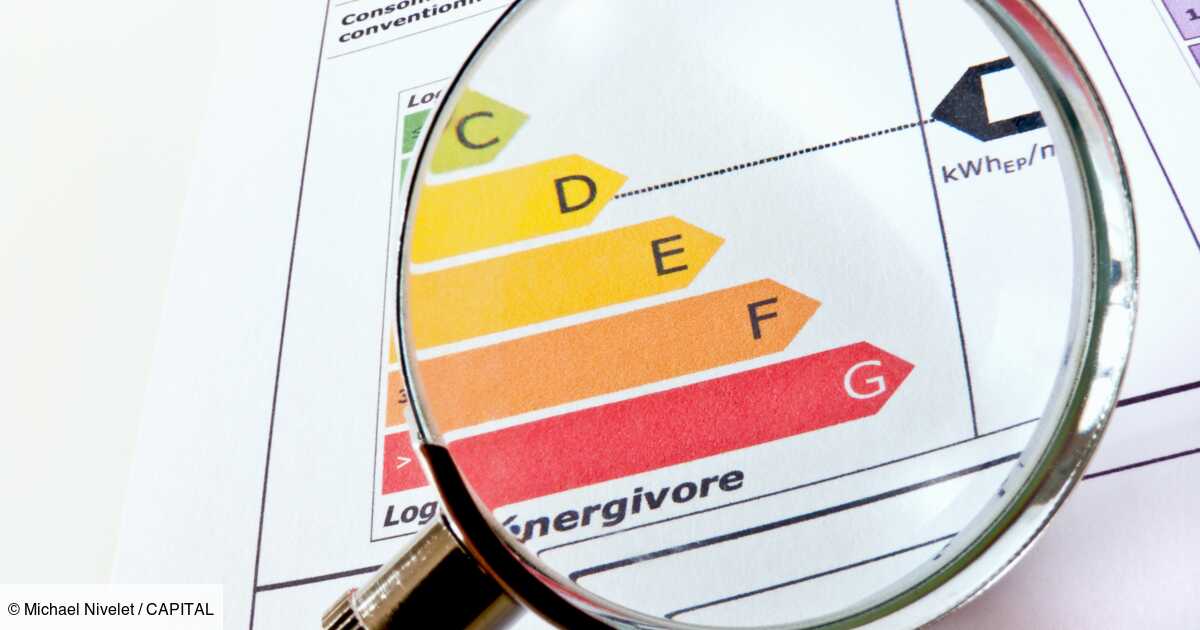Housing classified G in the energy performance diagnosis (DPE) can no longer be rented since January 1, 2025. To be able to continue renting them, owners must carry out renovation work. Here’s how much they cost on average.
-
To safeguard
Saved
Receive alerts Energy renovation
Regulations continue to tighten for landlords. Since January 1, 2025, housing classified G in the Energy Performance Diagnosis (DPE) can no longer be the subject of a new rental contract. The worst thermal sieves, namely properties whose energy consumption exceeds 450 kWh of final energy per square meter of living space, the G+, have been prohibited for rental since January 2023. With these progressive bans, the he government’s objective is clear: to encourage owners to renovate the most energy-intensive homes in order to protect tenants against excessively high energy bills and limit greenhouse gas emissions. The task promises to be colossal since according to the National Real Estate Federation (Fnaim), which presented its latest economic report to the press this Wednesday, January 15, France has 5.8 million thermal sieves, including 567,000 housing units. classified G in the DPE.
Therefore, a question arises for landlords. What is the cost of the work to be carried out to remove a product from the thermal strainer category? According to Fnaim, the price of the work to be carried out to renovate a property classified G in the DPE amounts on average to 40,000 euros. Of course, this figure hides great disparities since the cost of the overall renovation of a house can climb up to 125,000 euros. Fnaim also specifies that the overall cost of renovating the 337,000 single-ownership properties (houses) classified G in the country amounts to 13.5 billion euros. Even more impressive, renovating all DPE G-rated properties, including condominiums, would cost owners a total of €43 billion. A bill which would even rise to 100 billion euros, according to Fnaim calculations, to renovate all of the most energy-intensive properties in the French stock, namely properties rated F and G.
>> Our service – Energy renovation: calculate the amount of your aid (MaPrimeRénov’, CEE, etc.) and find the right craftsman for your work
Energy-intensive properties gradually excluded from the rental stock by 2025
As a reminder, the climate and resilience law, adopted in 2021, provides for the progressive exclusion of the rental of all thermal strainers by 2035. Note that the rental ban for G-rated housing applies to new rental contracts, and at the time of renewal or tacit renewal for current rental contracts. If the timetable set by the climate and resilience law is respected, homes rated F in the DPE will be excluded from the rental stock in 2028, then those rated E in 2034.
Receive our latest news
Every week your appointment with real estate news.









